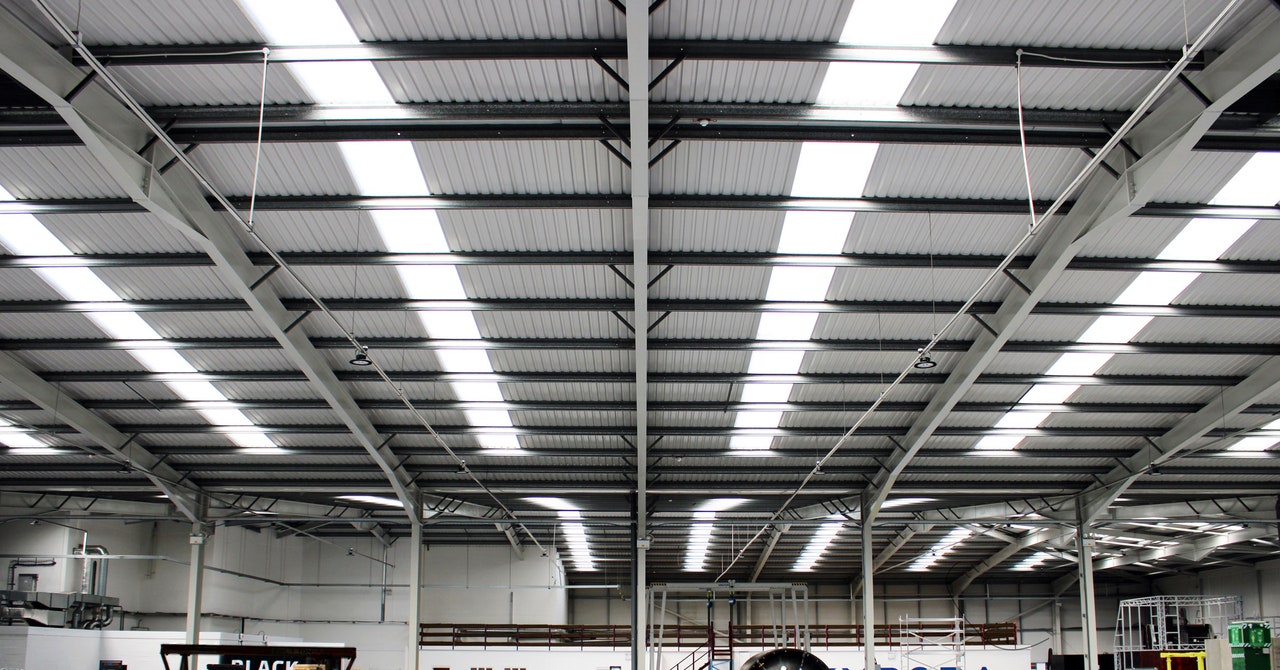
Nine engines, 50,000 liters of fuel, 7 metric tons of thrust, and a velocity of nearly 8 kilometers a second are needed to launch a rocket into orbit. For Skyrora, a private launch-vehicle provider based in Scotland, that’s just step one.
Rather than passengers, its payload is satellites. “Satellite data was once predominantly used for government security,” says Volodymyr Levykin, the company’s founder and CEO. “Now, private companies are trying to have the same capabilities to have next-level communication and observation.”
If the old Space Race was between rival nations to prove technological superiority, the next is being waged by competing businesses for profit. “Elon Musk has pioneered the private space race with SpaceX,” says Levykin. “He’s proven that launches can be done independently of governments. It’s sparked global interest—Silicon Valley has become inspired that space is tech’s new frontier.”
Space startups are now emerging all over the world. Levykin says most are in the US, with China, India, and Europe playing catch-up. Government interest in the cosmos has been reignited, too: The UK is aiming to increase its share of the global space market to 10 percent by 2030, when the industry is estimated to be worth around £400 billion ($483 billion).
It’s why Levykin launched Skyrora in 2017. He says Scotland offers the ideal European base, providing a clear trajectory to the North Pole—crucial for a sun-synchronous satellite orbit—as well as easy access to UK spaceports: Five out of the seven that are planned will be north of Hadrian’s Wall. Skyrora designs and manufactures its rockets in its factory in Cumbernauld, Lanarkshire, deploying them at its test blast area on the outskirts of Edinburgh.
Its flagship rocket, the Skyrora XL, which can carry a 315-kilogram payload, is set to be ready for launch from the Shetland Islands in 2023, pending paperwork. Levykin says clients will likely be intermediary satellite companies that sell their data to businesses. “There’s so much information that can be collected from space, such as optical and temperature sensors generating data that can be actioned in real-time across verticals from the farming industry, to traffic management systems, and insurance firms. We just arrange the transport.”
SpaceX provides a similar service: Its satellite rideshare program offers businesses a trip to space aboard the Falcon 9 for $275,000. The key differentiator for Skyrora, says Levykin, is that it offers dedicated launches. “SpaceX is more like a bus service. You can only use it with other passengers, you need to share your space and time. We’re like a taxi service. We can depart whenever the customer wants, launch from flexible points, and, if you’re delayed, we won’t leave without you.”
Instead of an average two-year wait for a ride with SpaceX—enough time to prepare launch agreements and fill out the paperwork, says Levykin—Skyrora’s aim is six months between customer contact and liftoff. It’s why he estimates the ticket price will be three times that of SpaceX. “We’re addressing the niche for customers who don’t want to share their payload with others. It’s for those where time is more critical than money.”


